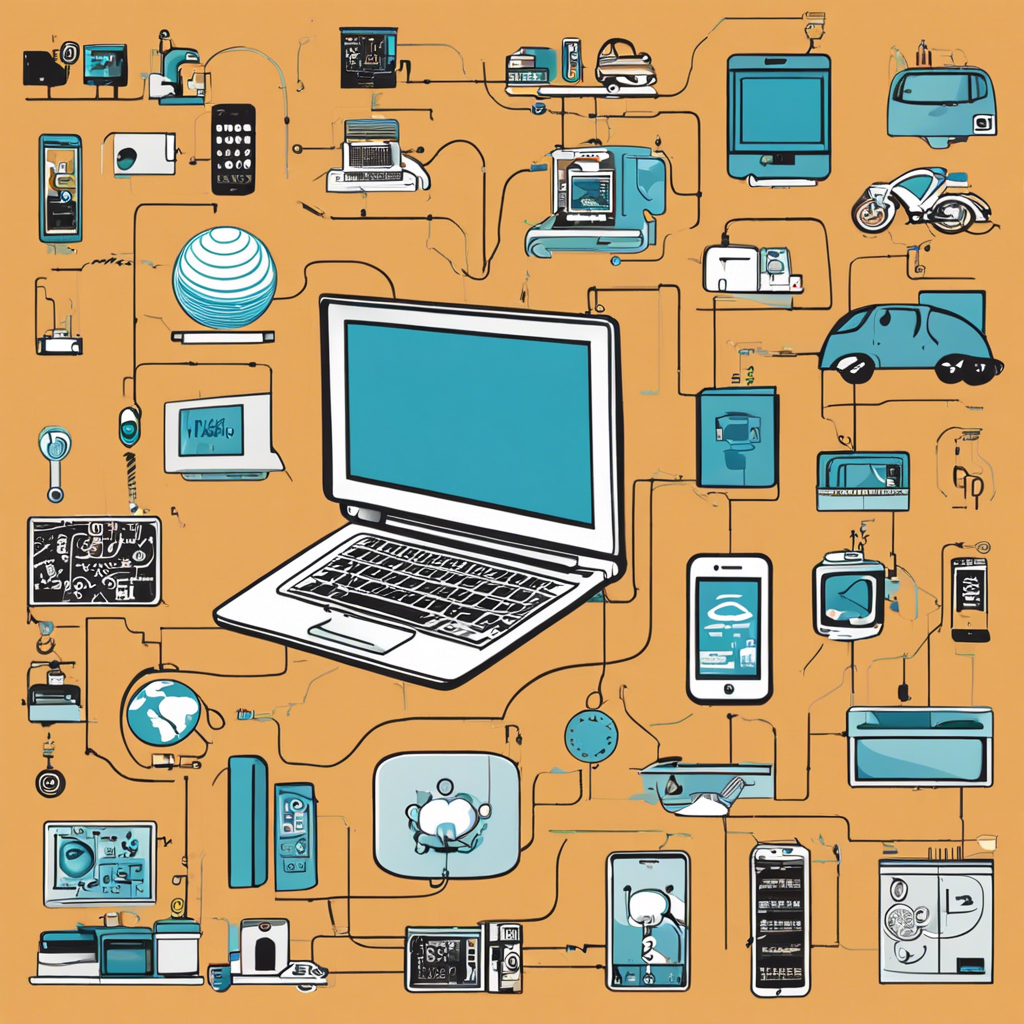The Internet of Things (IoT) has quietly revolutionized our daily lives, transforming the way we interact with everyday objects and reshaping our routines. From smart homes to connected cities, IoT has become an integral part of our modern existence, often without us even realizing it. This technology’s pervasive nature raises questions about its overall impact on our lives, both positive and negative.
Imagine waking up to a gentle alarm, perfectly timed with your body’s natural sleep cycle. Your smart coffee maker, anticipating your wake-.up time, has freshly brewed your favorite blend, filling your bedroom with its aromatic scent. As you step out of bed, the floor welcomes you with a warm glow, guiding you safely through the house. This is not a scene from a futuristic movie; it’s a glimpse of the IoT-powered home. IoT devices, interconnected through the internet, communicate and exchange data to make our lives more comfortable, efficient, and often luxurious.
Beyond the domestic sphere, IoT is also making waves in healthcare, transportation, and agriculture. Wearable health trackers, for instance, monitor our vital signs, providing real-time health data to both users and healthcare providers. These devices can detect early signs of illness, allowing for prompt medical intervention. Similarly, IoT-enabled devices in agriculture can monitor soil conditions, weather patterns, and crop health, enabling farmers to make data-driven decisions to optimize their yields.
In our cities, IoT is helping to manage traffic, improve public safety, and enhance the overall quality of urban life. Smart traffic lights can adjust their timing to optimize traffic flow, reducing congestion and commute times. Additionally, IoT-powered environmental sensors can monitor air and water quality, helping to identify and address potential health hazards.
However, as with any technological advancement, there are concerns. The vast amount of data collected by IoT devices raises privacy and security issues. With multiple access points, the risk of data breaches and hacking increases. Moreover, the potential for mass surveillance is a significant concern, as IoT devices can potentially track our every move and action.
Despite these challenges, the benefits of IoT are hard to ignore. The key lies in balancing innovation and caution, ensuring that the technology is developed with robust security protocols and ethical guidelines. As IoT continues to evolve, it promises to shape a future where the digital and physical worlds are seamlessly integrated, making our lives more efficient, healthier, and more sustainable.
In summary, the Internet of Things is not just a technological advancement; it’s a paradigm shift that influences how we live, work, and interact with the world around us. While we embrace the convenience and efficiency it brings, we must also be vigilant about the potential pitfalls, ensuring a future where technology serves humanity without compromising our privacy and security.
